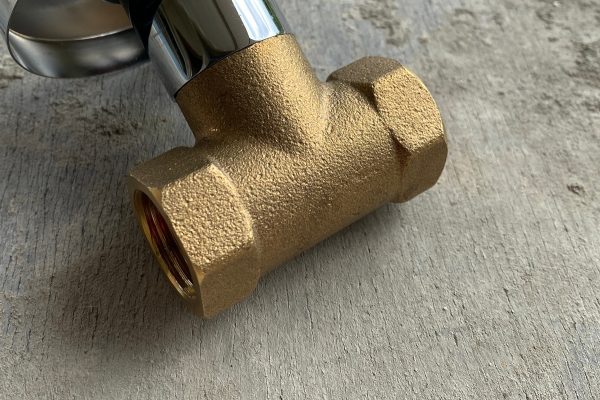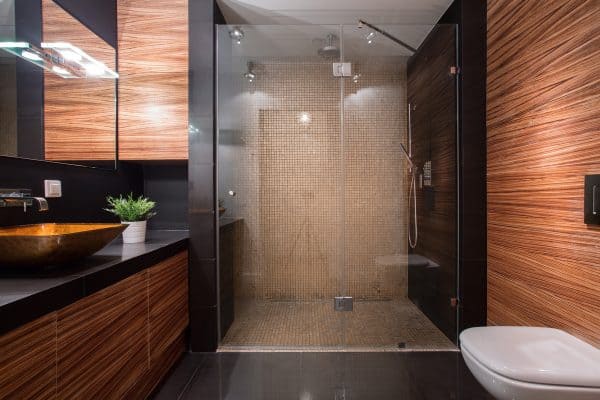If you're considering a bathroom upgrade, you're likely thinking about which material to use for your shower walls.
Among a plethora of options, epoxy shower walls have been making waves in recent years, garnering attention for their durability, customization possibilities, and water resistance.
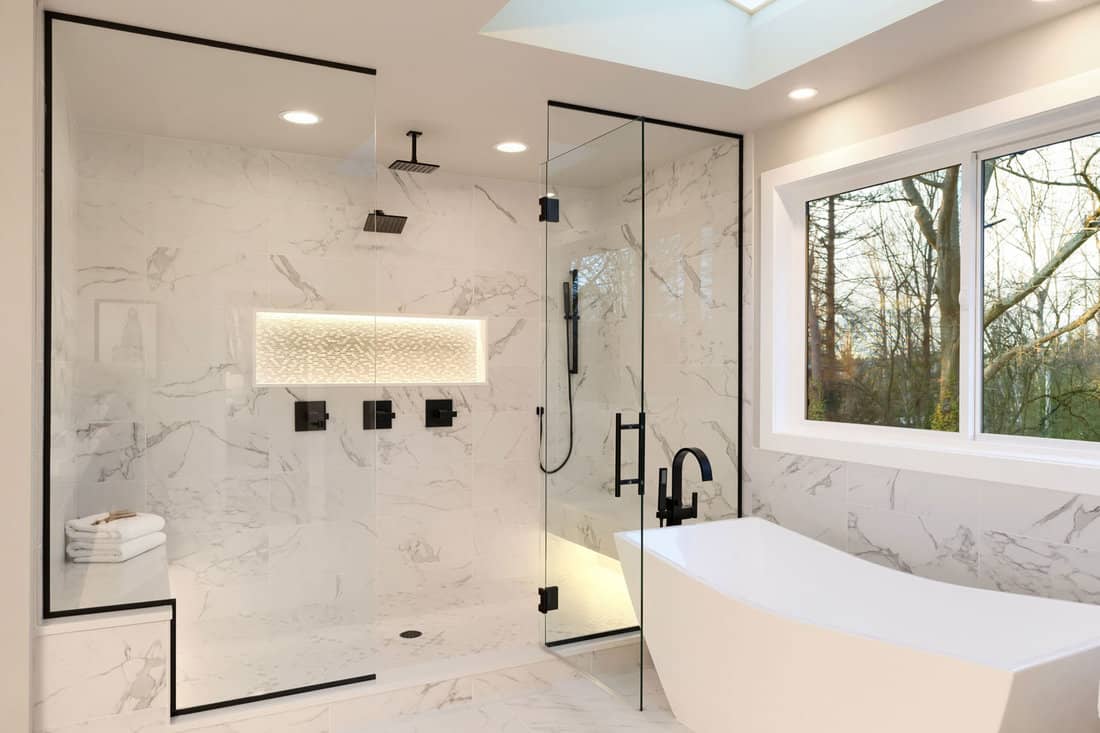
Are they the right choice for your bathroom makeover? This article aims to guide you through the perks and drawbacks of epoxy shower walls.
We'll look at everything from their easy maintenance and versatility in design to their installation challenges and cost.
As we explore each facet, we hope to equip you with the knowledge necessary to make an informed decision for your bathroom project.
Epoxy Shower Walls: Pros
This section explores the many benefits of choosing epoxy shower walls for your bathroom renovation.
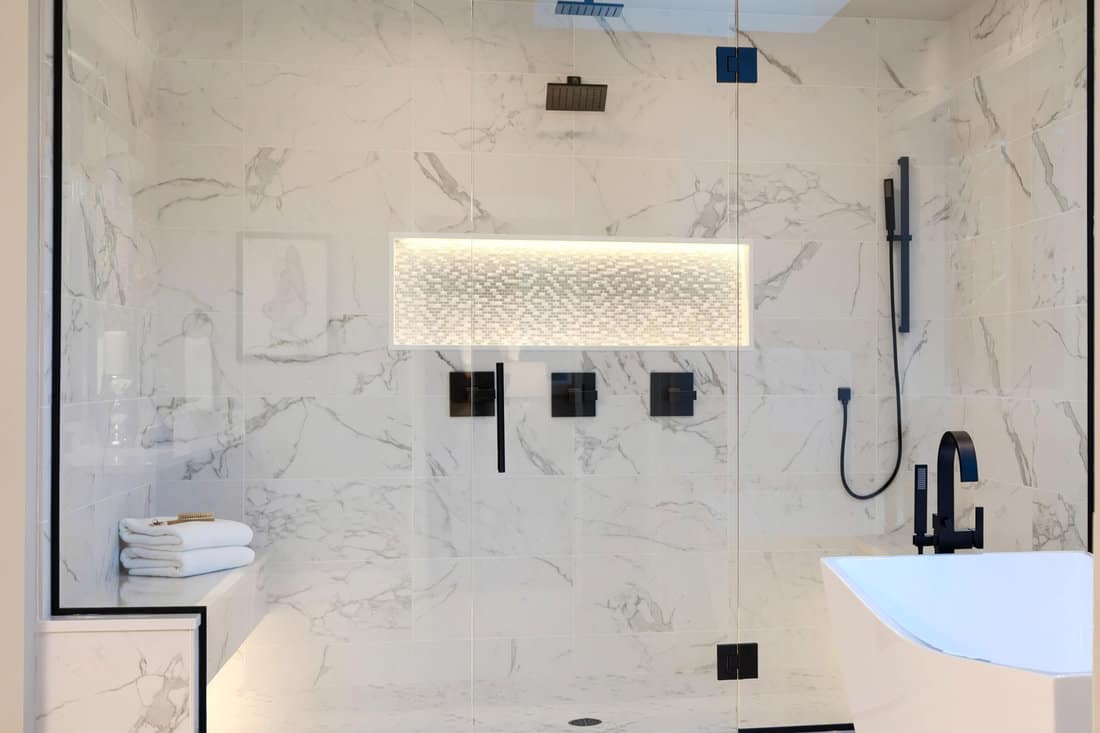
We may include affiliate links and curated AI content to highlight top design styles.
Durability and Longevity
Epoxy shower walls are known for their durability and longevity.
These walls are made from a combination of resin and hardeners, creating a strong bond that resists chipping, cracking, and peeling.
The resulting surface is not only tough but also waterproof, making it an ideal choice for shower walls that need to withstand daily exposure to water and steam.
Additionally, epoxy shower walls can last up to 30 years with proper care, adding value and longevity to your bathroom renovation project.
Low Maintenance
One of the biggest advantages of epoxy shower walls is their low maintenance requirements.
These walls have a seamless, non-porous surface that is resistant to mold and mildew, allowing for easy cleaning without the need for harsh chemicals or scrubbing.
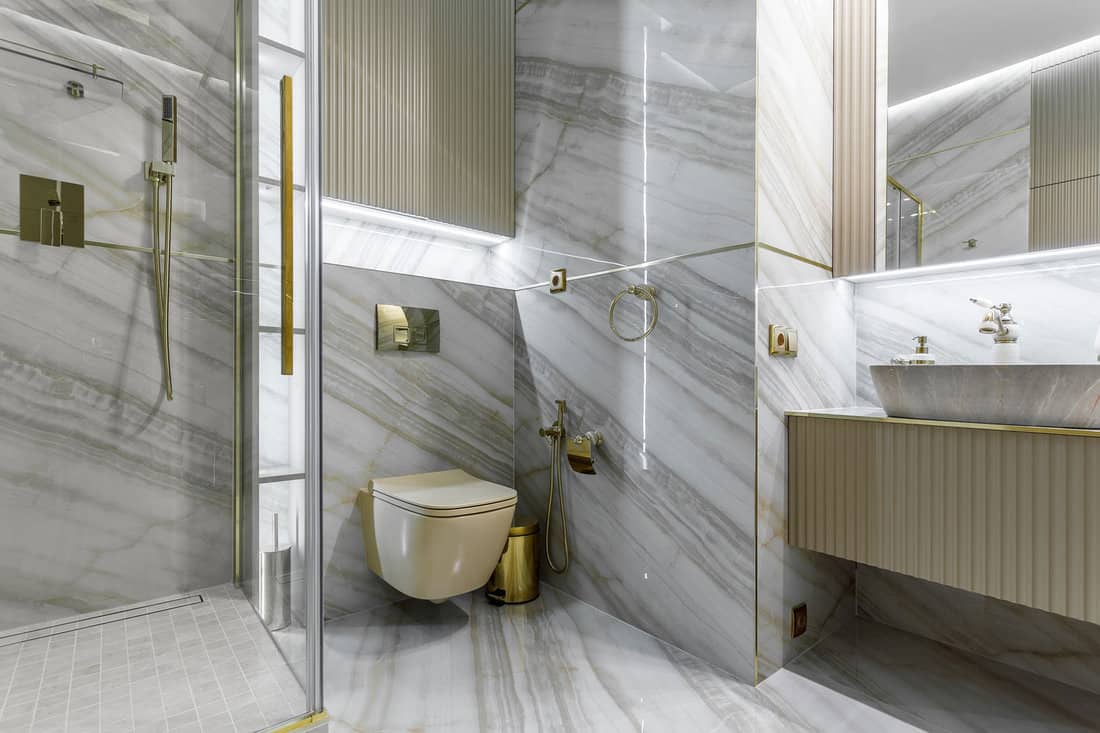
The lack of grout lines also eliminates the need for regular re-grouting or sealing, reducing the time and effort spent on maintenance tasks.
To keep the walls looking clean and polished, simply wipe them down with a damp cloth and mild soap as needed.
Customizable Design
Epoxy shower walls offer a high degree of customization for homeowners looking to create a unique and personalized bathroom space.
The epoxy material can be tinted in a wide range of colors, patterns, and finishes to match your existing bathroom decor or create a completely new look.
Furthermore, epoxy can be applied to a variety of surfaces, including tile, acrylic, and fiberglass, providing flexibility in terms of design and installation.
This customization potential makes epoxy shower walls an attractive choice for those looking to make a statement in their bathroom or simply refresh their space.
Epoxy Shower Walls: Cons
Epoxy shower walls are not without their drawbacks. Here are its cons:
Installation Process
Although the epoxy application process can usually be handled by a DIY enthusiast, it may prove challenging due to the time-sensitive nature of epoxy.
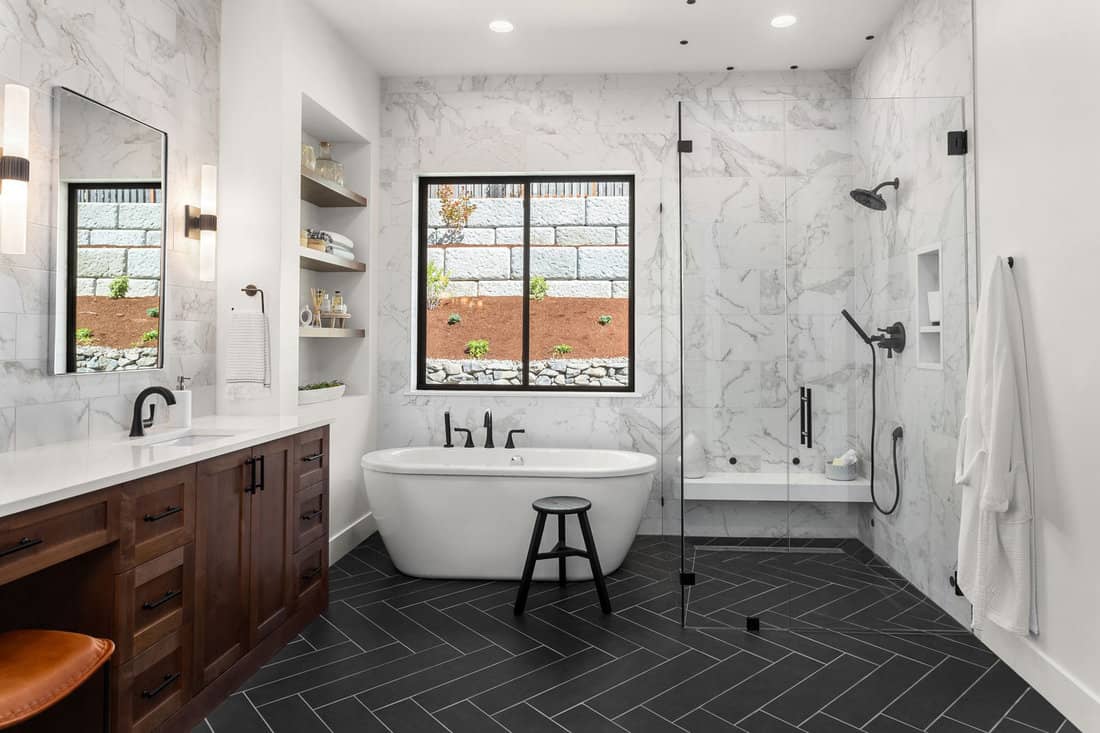
The mixture must be applied quickly once it is prepared to avoid hardening. Furthermore, those who are inexperienced may struggle to achieve a smooth, evenly spread surface.
Proper ventilation is also crucial during the installation process, as epoxy fumes can be harmful.
Potential Health Concerns
Epoxy resin may release fumes and volatile organic compounds (VOCs) during the curing process.
This could potentially lead to health issues such as nausea, dizziness, and respiratory irritation if proper ventilation is not provided.
Long-term exposure might contribute to more severe health problems. Ensuring adequate air circulation and using safety gear like masks and goggles can mitigate these risks.
Cost Comparison
While epoxy shower walls can create a sleek, modern appearance, the cost of materials and labor might be higher compared to traditional tiles or acrylic wall panels.
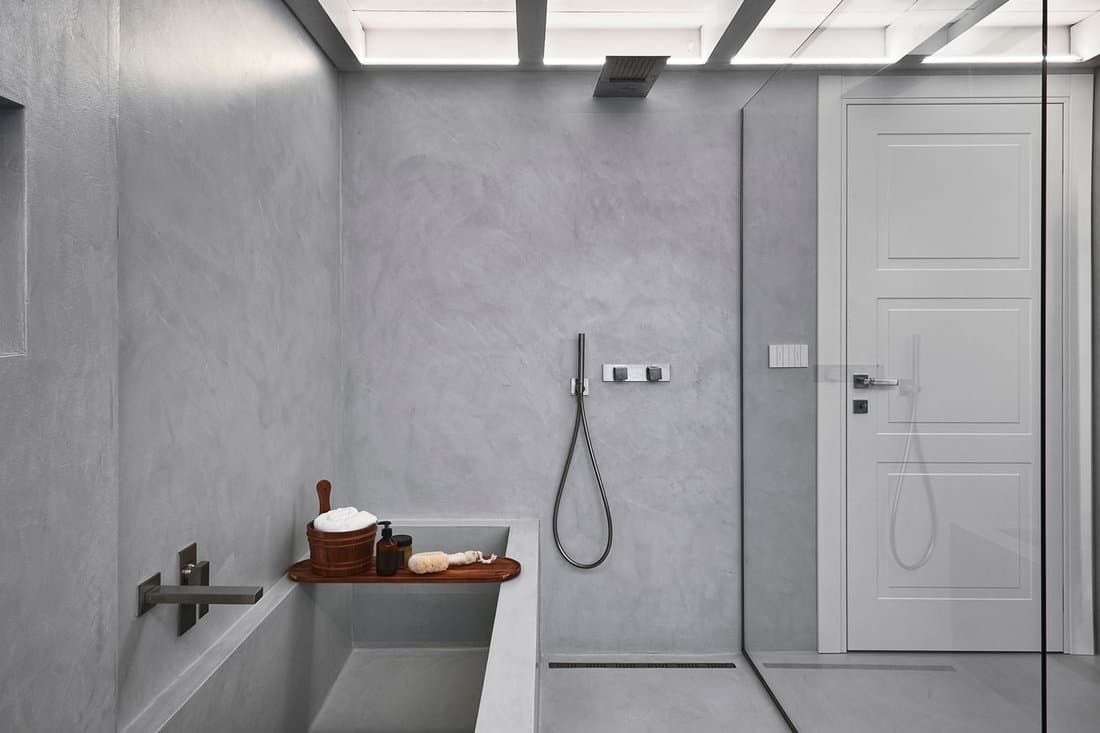
High-quality epoxy resins can be expensive, and professional installation may be necessary to avoid common pitfalls.
Additionally, maintenance such as resealing can also incur additional expenses over time.
Alternatives to Epoxy Shower Walls
In this section, we'll introduce diverse and compelling alternatives to epoxy shower walls.
Remember that each of these materials has its own benefits and drawbacks, and the best choice will depend on your budget, your aesthetic preferences, and your maintenance preferences.
Tile
This is one of the most common materials used in shower walls. Tiles can be made of ceramic, porcelain, or natural stone, and they come in a wide variety of colors, sizes, and textures.
They are waterproof and durable, but they require regular maintenance to keep the grout clean and mold-free.
Acrylic
Acrylic is a type of plastic that's often used in shower walls because it's waterproof and easy to clean.
It's typically cheaper than tile and it can be installed more quickly.
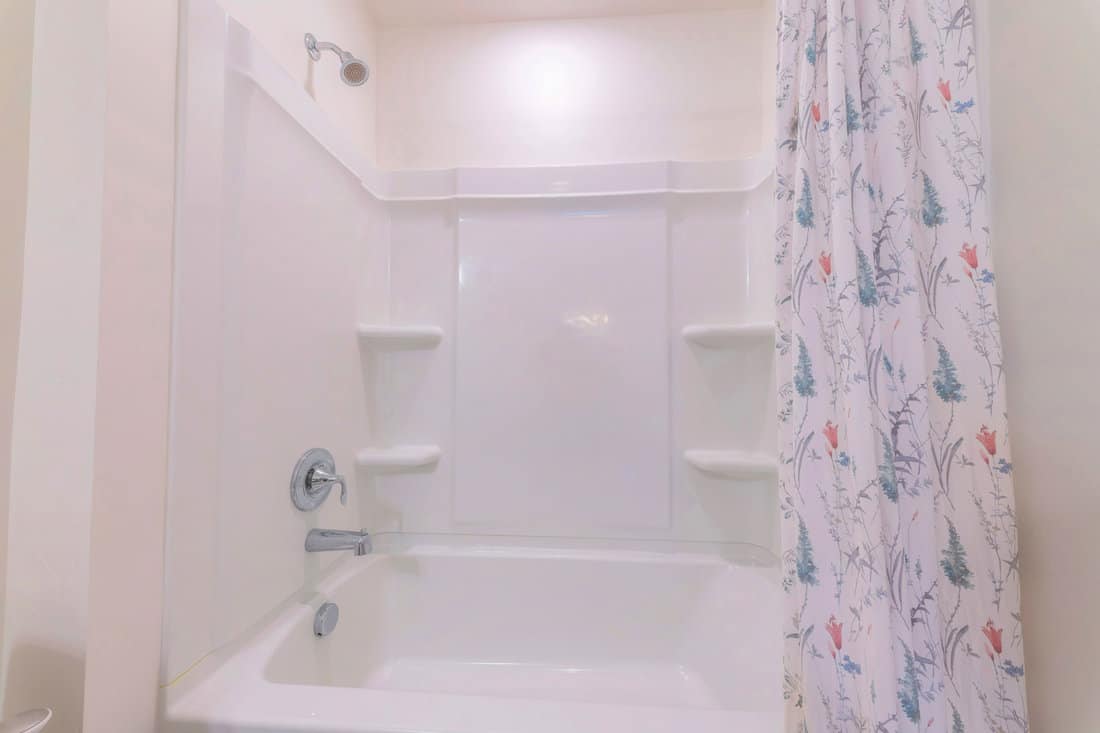
However, it's not as durable as tile or natural stone and it can be damaged by harsh cleaning products.
Fiberglass
Like acrylic, fiberglass is a type of plastic that's commonly used in shower walls.
It's generally less expensive than tile and it's easy to install. However, it's not as durable as other materials and it can be easily scratched or cracked.
Cultured Marble
Cultured marble is a blend of marble dust and polyester resin that's often used in shower walls.
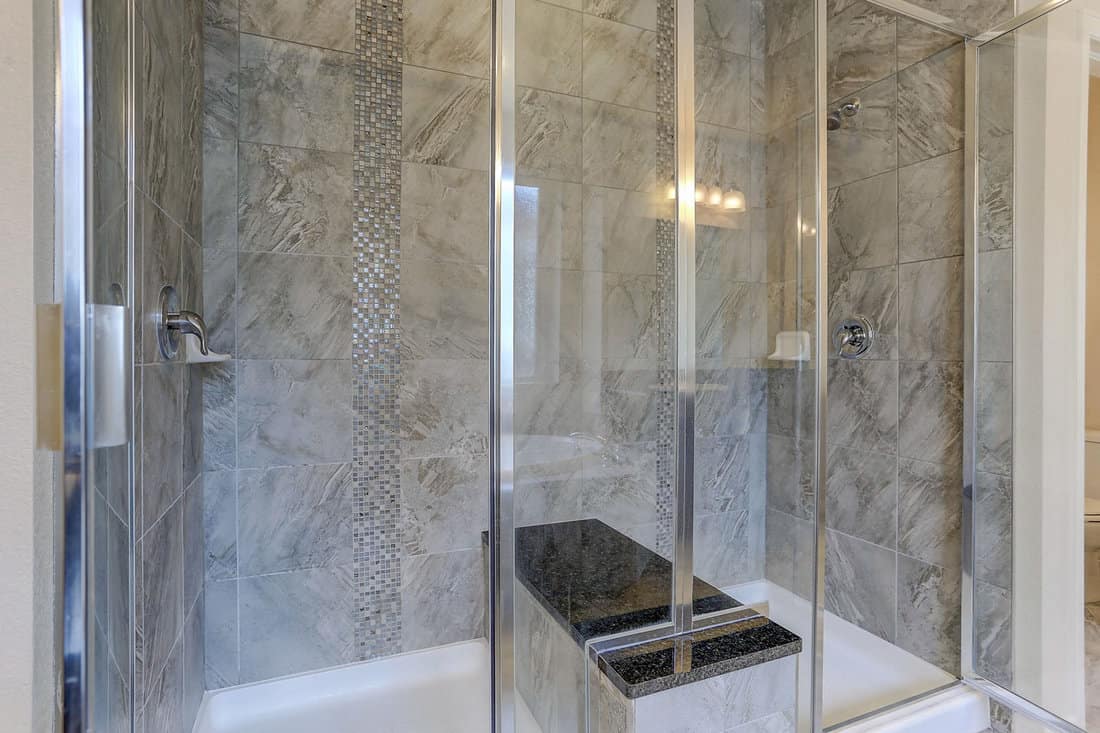
It's more durable than acrylic or fiberglass and it has a high-end look, but it's more expensive.
Natural Stone
Natural stone (such as granite, marble, or slate) is a high-end option for shower walls. It's extremely durable and it has a unique, luxurious look.
However, it's one of the most expensive options, and it requires regular sealing to prevent water damage.
Solid Surface
Solid surface materials (like corian) are made from a blend of acrylic and natural minerals.
They're waterproof, durable, and easy to clean, and they come in a wide variety of colors and textures.
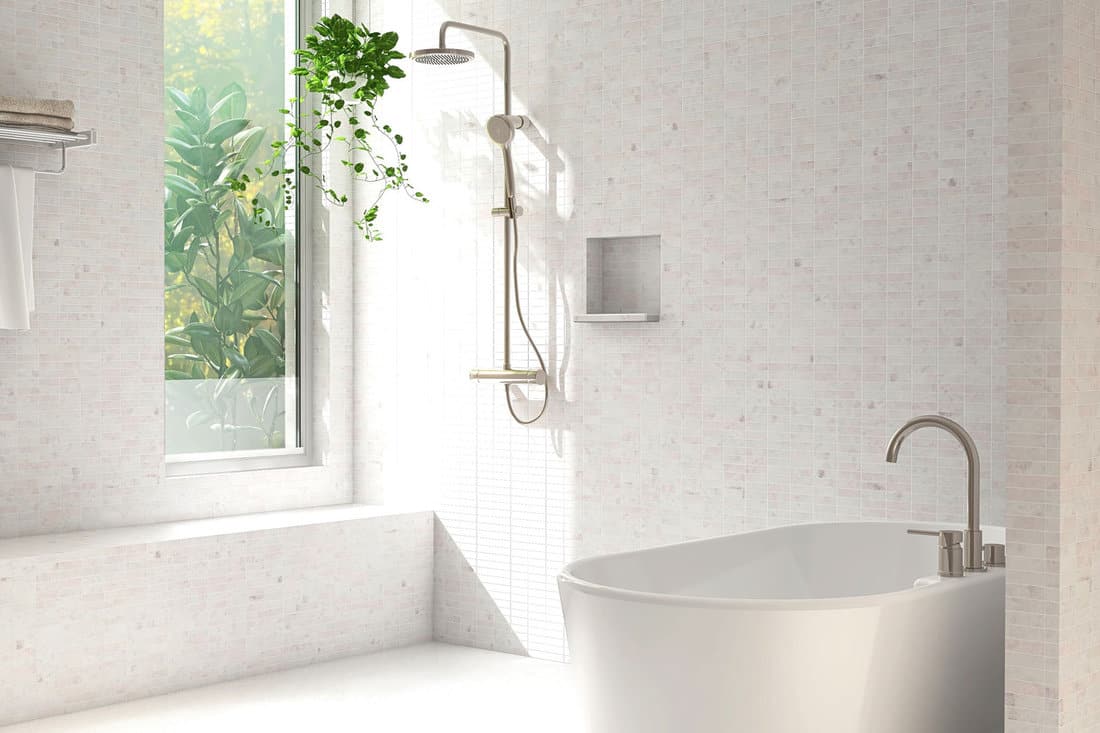
However, they're more expensive than options like acrylic or fiberglass.
Glass
Glass is often used for shower walls in the form of large frameless panels. It's waterproof and easy to clean, but it can be slippery when wet and it may require professional installation.
Sealing up the Epoxy Pros and Cons
Durability, low maintenance needs, and customizability make epoxy a tempting shower wall option for many homeowners.
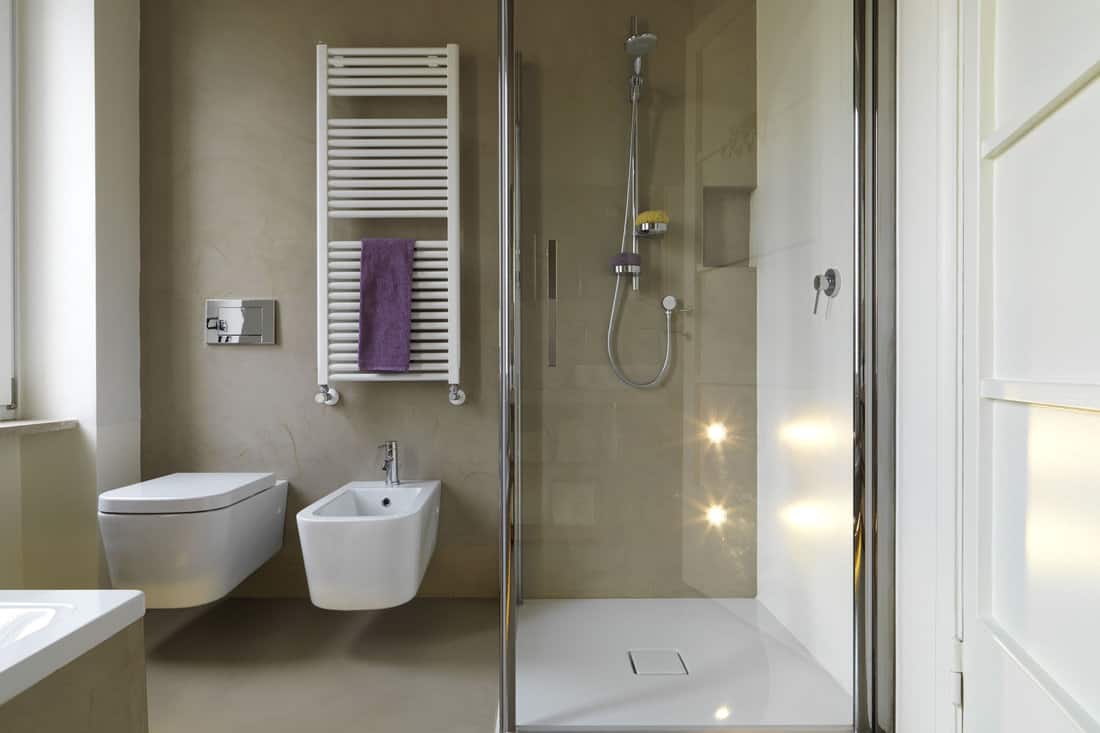
However, the potential health concerns, the challenging installation process, and the cost comparison with traditional options are points worth considering.
Moreover, the diverse alternatives each have their unique charm and set of pros and cons.
Ultimately, the best choice hinges on your specific budget, design preferences, and how much maintenance you're willing to commit to.
By considering all these factors, you can confidently choose the perfect shower walls to transform your bathroom into a personal oasis. Happy renovating!
Here are more posts to enjoy:

![Marble walled shower wall, 5 Best Types Of Shower Wall Panels To Consider For Your Bathroom Renovation [The Ultimate Guide]](https://homedecorbliss.com/wp-content/uploads/2023/07/shutterstock_2138160219-600x400.jpg)
